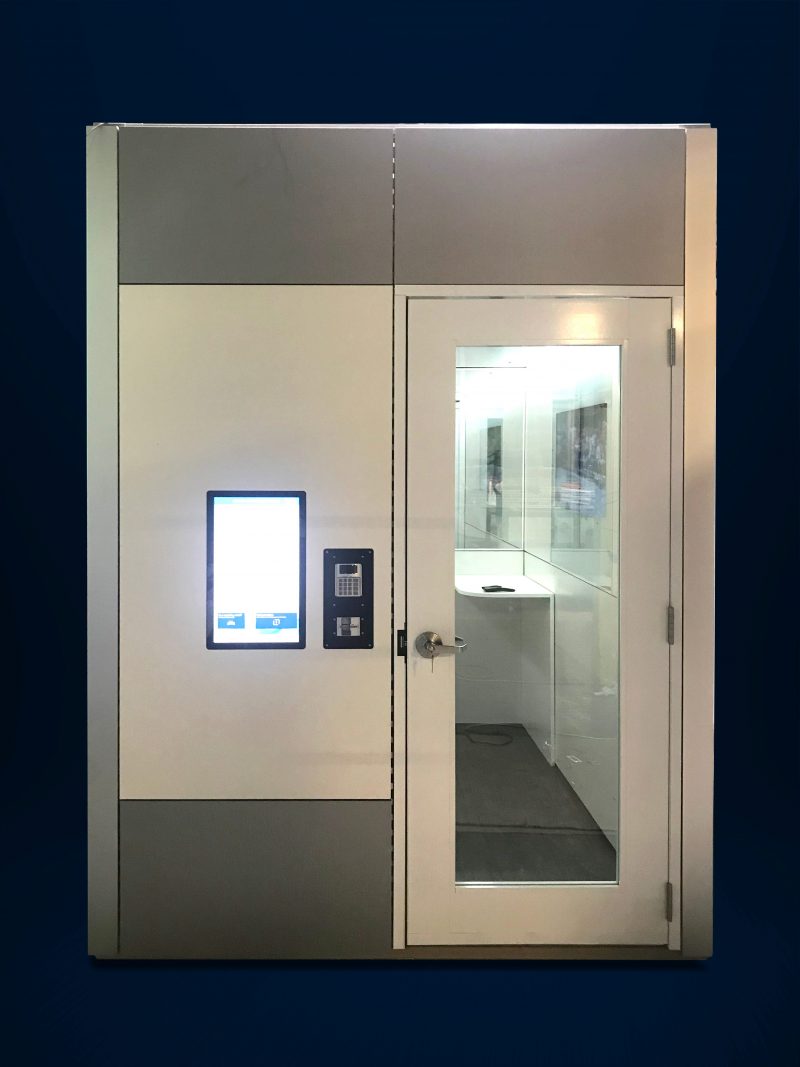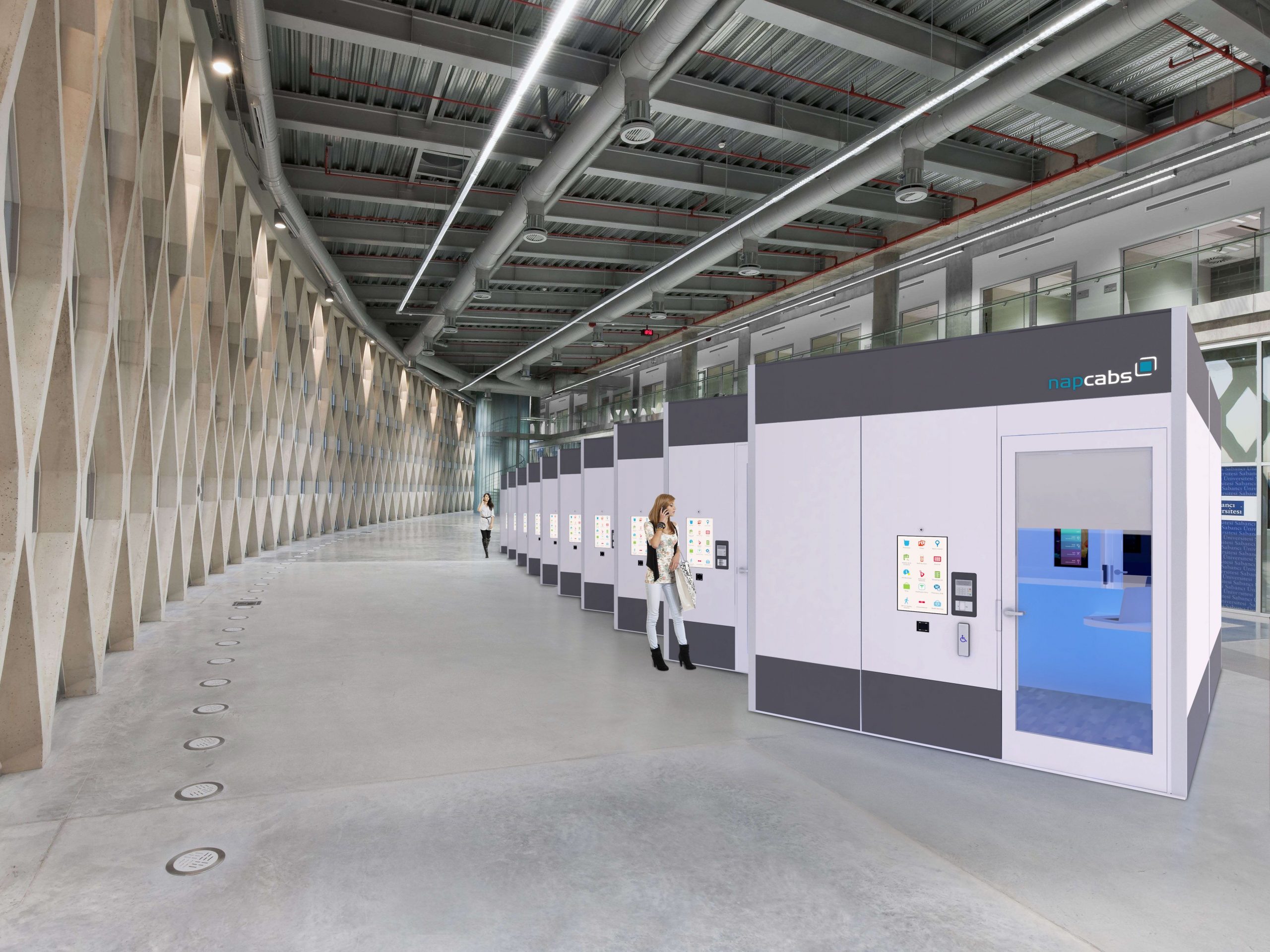- NapCity started out smalling private pods travelers could rent to take a rest in airports.
- The company pivoted to selling the pod as private, contactless spaces because of the coronavirus pandemic.
- They’re customizable, and start at $50,000.
- Visit Business Insider’s homepage for more stories.
Since March of 2020, millions of people around the world have been forced to figure out how to work from home, from improvised office space to quick childcare solutions.
NapCity makes tiny pods mostly used in airports, where travelers can take a quick nap on a layover. The COVID-19 pandemic completely upended the travel industry, and the company has pivoted to selling what president Stephen Rosenfeld calls “private space as a service.” With travel way down, and many international routes closed, Rosenfeld is pitching his Napcabs as hotels, offices, wellness centers, and anything else that can fit in 50 square feet.
Features that were good for convenience before, like touchless check in and online payments, are now key safety features in high demand. Rosenfeld predicts that more companies will be looking for ways to use tiny spaces like Napcabs. In the past few months, the Internet has been flooded with tiny backyard office designs, so there may be room for more growth in the tiny space industry.
Look inside a Napcab here.
Napcabs started as a convenient option for getting some rest during a layover at an airport.
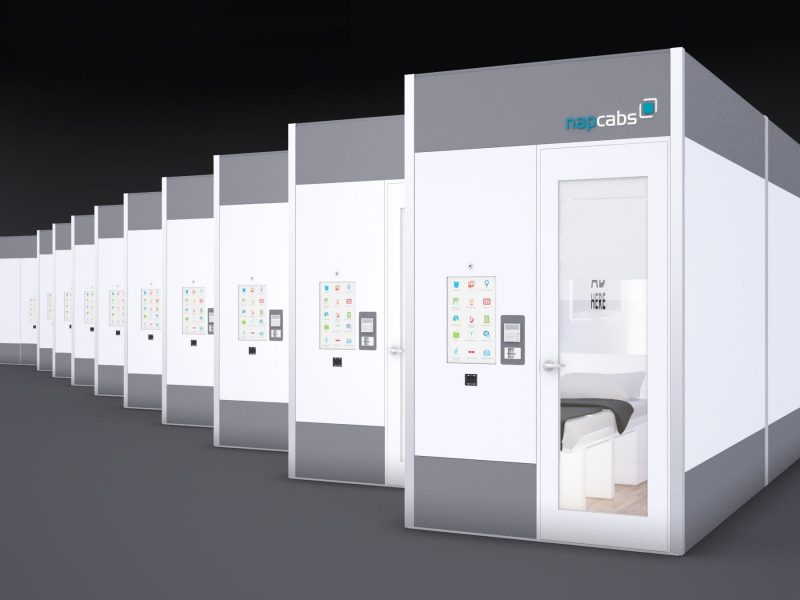
In airports, the 43 square foot pods offered a small area of privacy.
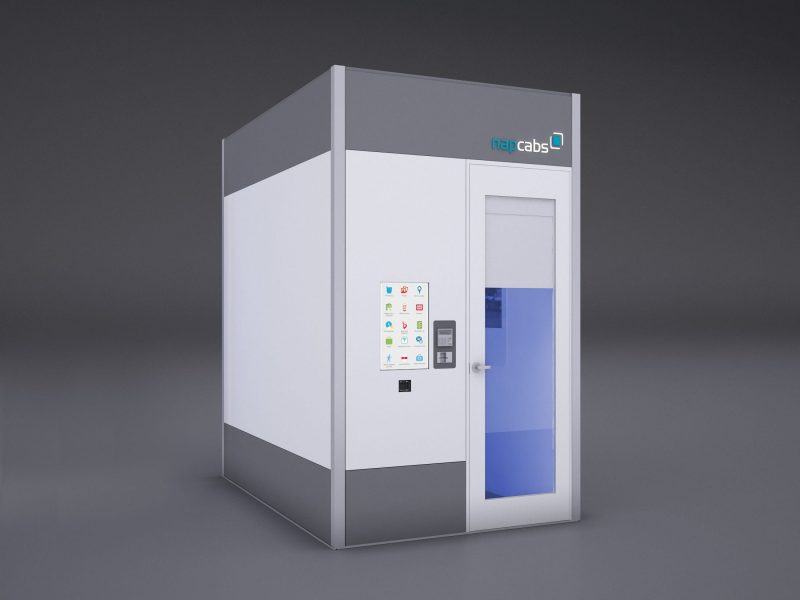
They've already been implemented at the Munich and Berlin-Tegel airports, and are coming soon to Frankfurt.
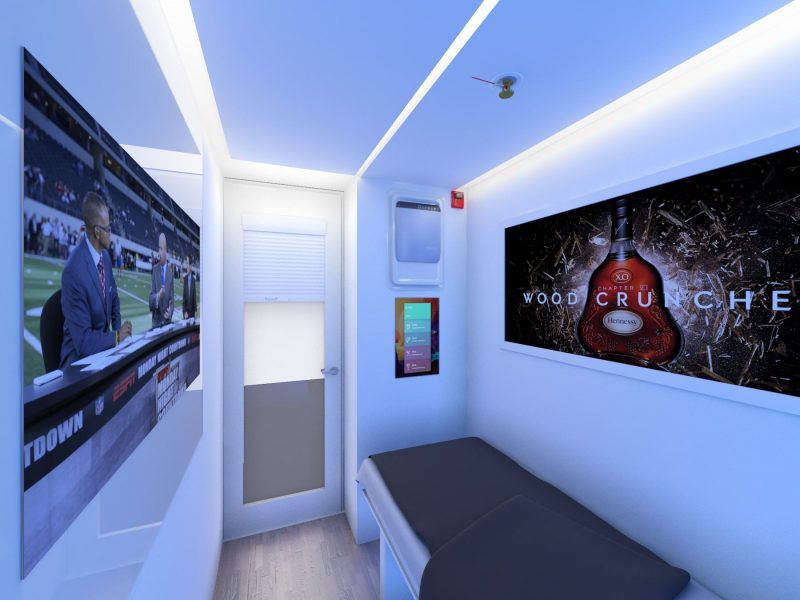
They can be reserved online by the hour from about $12 to $18 per hour.

The company was also working towards installing Napcabs in airports and hotel chains in the US before COVID-19 hit.
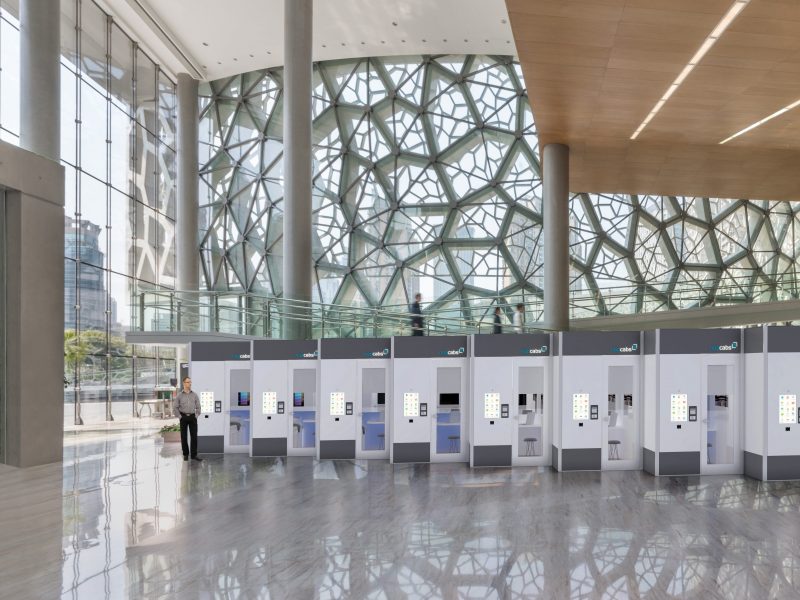
Since March, the coronavirus has drastically changed how and when people travel.
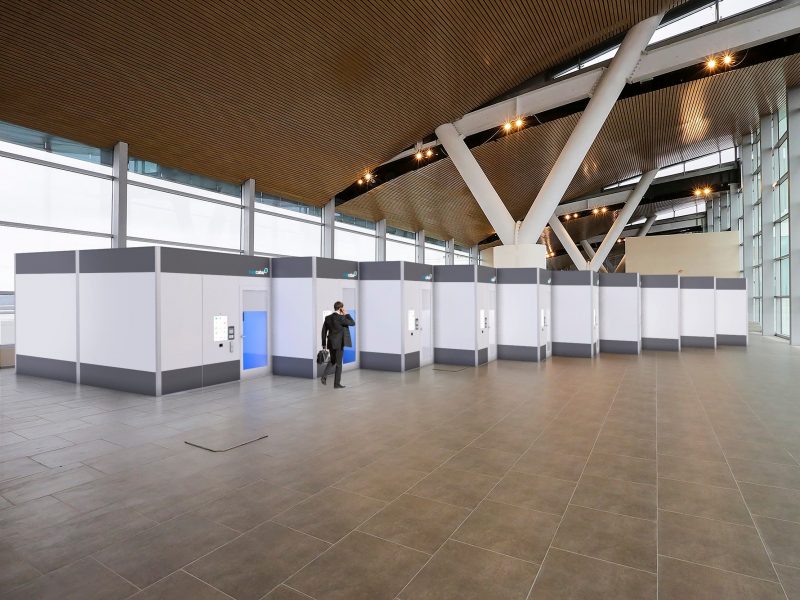
Now, the company is pivoting to "automated private space as a service model," according to NapCity Americas president Stephen Rosenfeld.
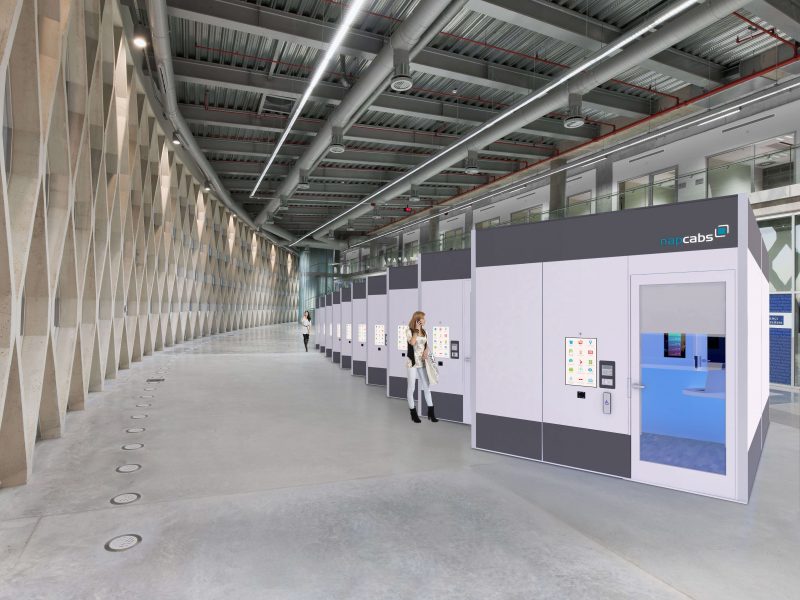
The pod comes in a few different versions and can be customized to different situations.
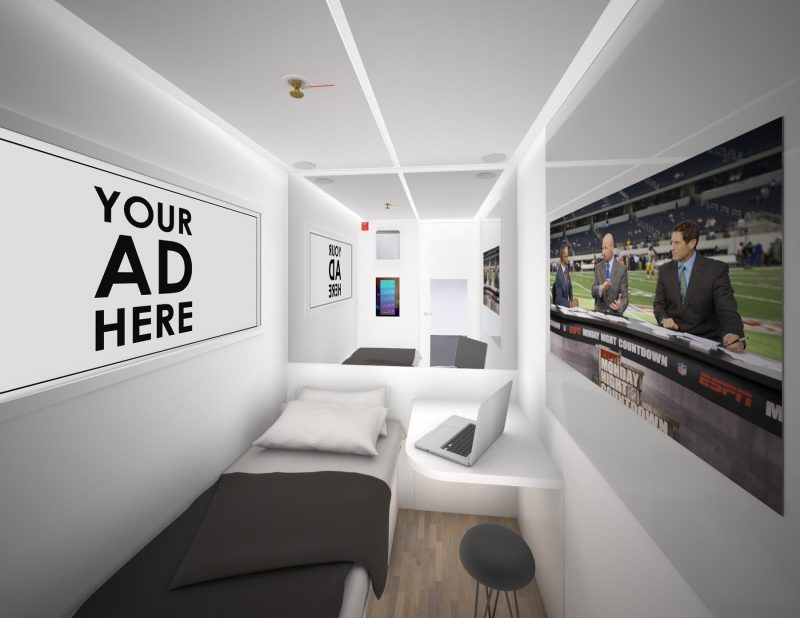
If the company creates a partnership with a hotel chain, Napcabs could be rented out as smaller, less expensive hotel stays.
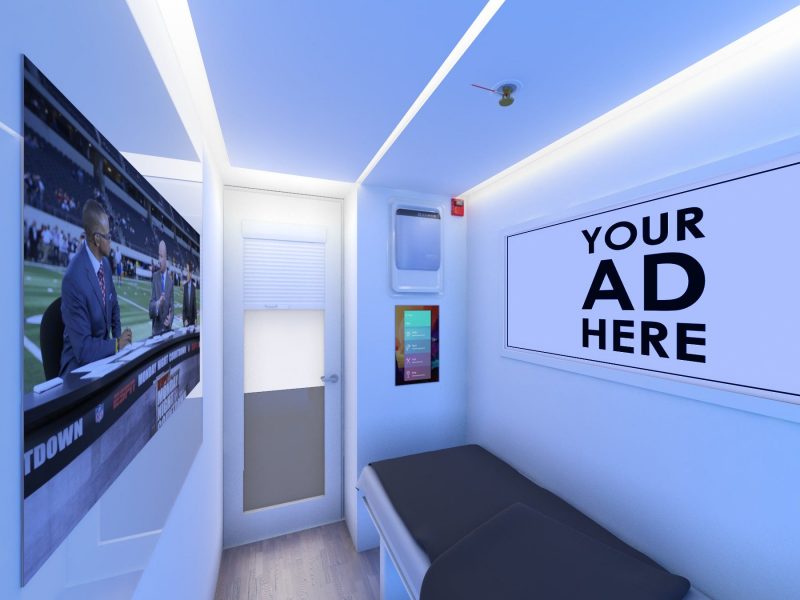
The pods could use the same mattress, sheets, and pillows as standard rooms.
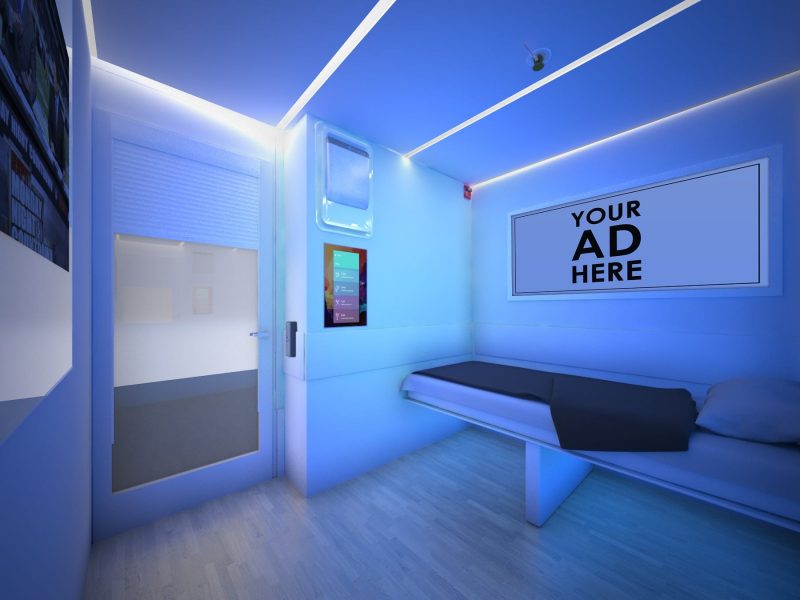
With experience from Napcabs in airports, check-in and check out could be quick and contactless.
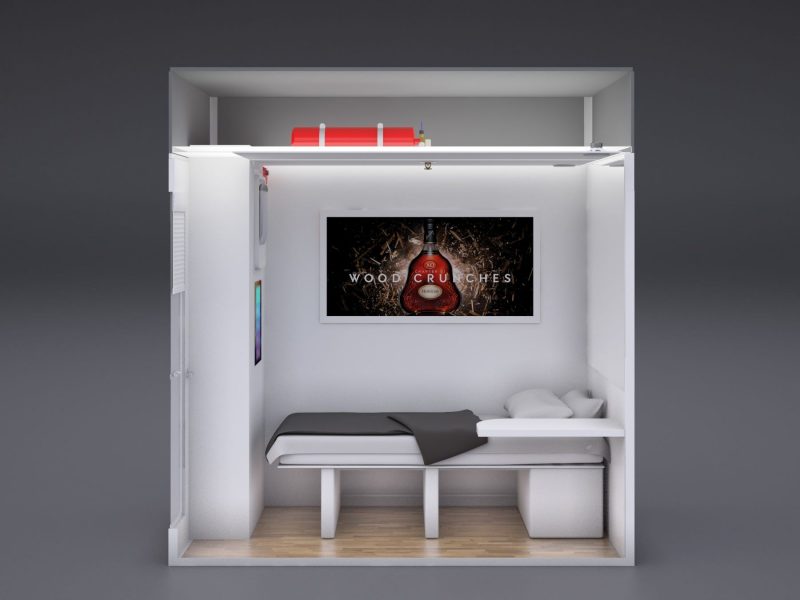
The pods can be equipped with secure, touchless payments, facial recognition, and biometrics.
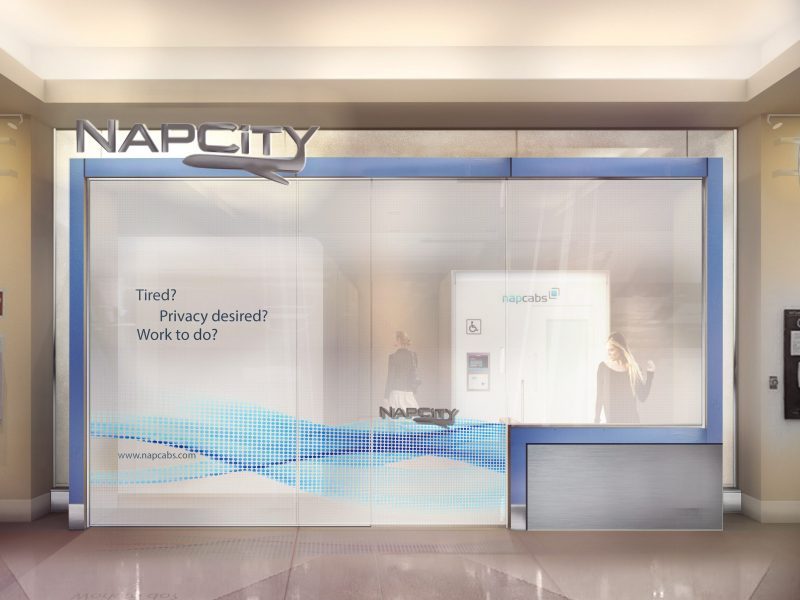
The interior and exteriors can both be customized.

Some buyers are even interested in franchise options, Rosenfeld told Business Insider.

A standard Napcab costs $50,000 with assembly, while the slightly larger ADA compliant pod is $60,000.
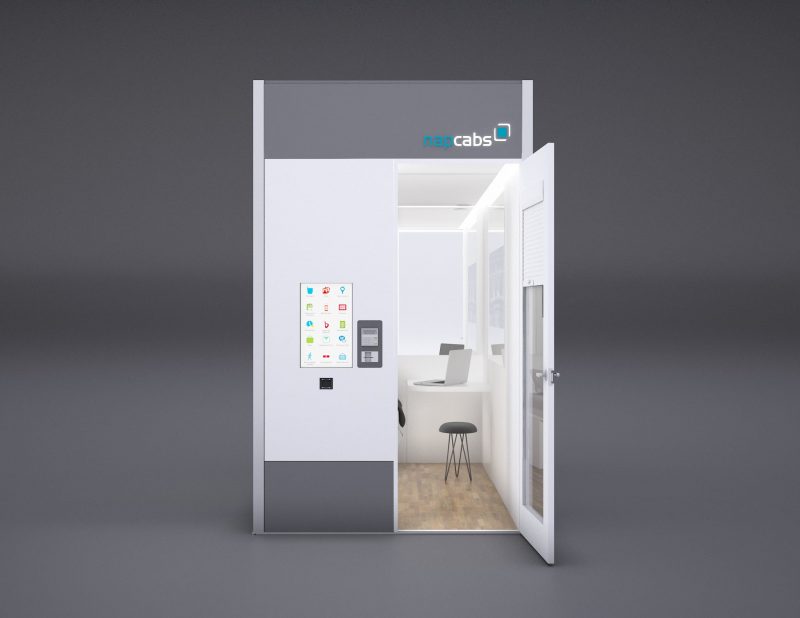
The design is modular, so single or multi-units sales are both possible.
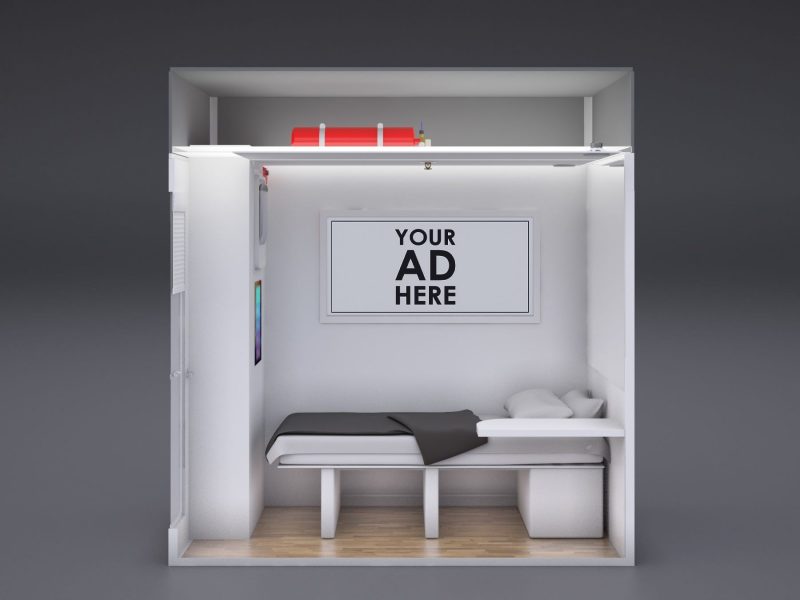
Rosenfeld predicts more industries will continue to turn to private space options like NapCity.

"From workspace companies to wellness centers we have the only 'private space in any space' amenity that people want in a world of chaos," Rosenfeld told Business Insider.
